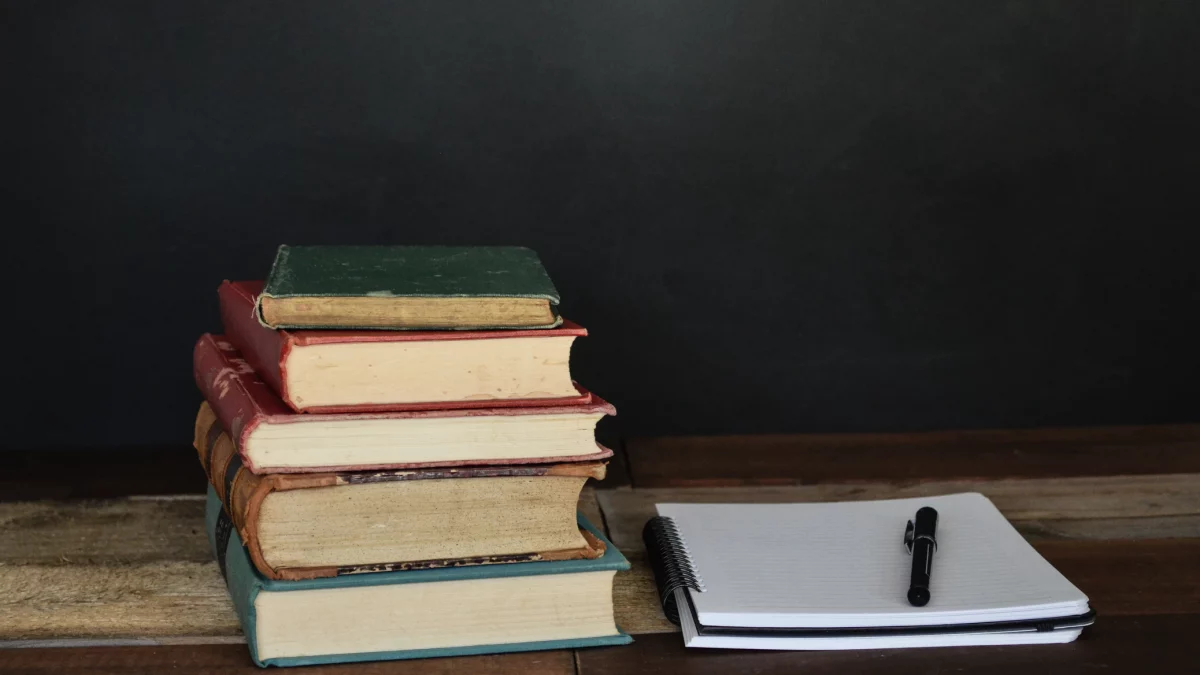
Clear the Lobby: What Laws are MPs voting on this week? W/C 20th March 2023
March 20, 2023
Embracing an alternative route to the legal profession
March 22, 2023Article written by Ola Alice, Babcock University, Third year LLB.
Plagiarism is defined as “the appropriation of another person’s ideas, processes, results, or words without giving appropriate credit”.[1] It means the use of someone’s work, idea, sentence, information and writeup in a manner which presumes that it is yours. It is a form of representation that causes a reader or teacher to believe that the work is the original work of the person. For law students, the emphasis is usually greater as the moral compass of lawyers says a lot about the character of such person. Plagiarism is theft of ideas and law students are advised to avoid it at all costs as it is a very serious form of academic misconduct that would most likely cost them more than their grades.
It is very easy for students to see plagiarism as insignificant and a quick way to get good grades but that inhibits their expressive and imaginative abilities. If a student is detected plagiarising, it might seriously affect their future academic and professional success. In addition to having negative disciplinary repercussions, plagiarism limits how much you, as a student, may learn throughout your years of academic study. By plagiarising, you are ultimately depriving yourself of the opportunity to learn about and advance your knowledge of a certain topic. Plagiarism is something that should be avoided at all costs because this learning and development skill set might be useful to you in the future.[2]
Common ways students plagiarise
- Copying text passages verbatim and without quotation marks.
- Modifying a few words or the sentence structure of a book to paraphrase it without giving credit to the original source.
- Giving false details about a source.
- Using one source so frequently in your work that it dominates it.
- Using a work you’ve already written and without identifying it as your own.
- Submitting a paragraph that was totally authored by another person (e.g., a paper you bought from a ghost-writer).[3]
Having said this, it is important to note that sometimes there are some words that are in the common stock of knowledge and sometimes using them might not necessitate referencing. Aside from this, any sentence, idea, word or information that you got from another person’s work should be referenced. Therefore, the cure for plagiarism is referencing. There is usually no limit to the amount of times you can reference in your essay, article, journal and so referencing helps you avoid plagiarising.
Some types of referencing styles
- OSCOLA (Oxford Standard for Citation of Legal Authorities)
- MLA (Modern Languages Association)
- APA (American Psychological Association)
- Harvard
- Chicago
For law students, the most commonly used style is the OSCOLA. OSCOLA doesn’t employ in-text citations or endnotes. All citations, however, are presented as footnotes. In addition to bibliographies, longer works like books and theses also contain citations in tables of cases and laws.[4]
How to avoid plagiarism
- Proofread: Proofread your work before sending it in. Check your paper to see if you properly credited each and every source you utilised.
- Paraphrase: Paraphrasing involves rephrasing text in your own words. However, even though you are paraphrasing, it is still important to indicate the source of the original work.
- Cite correctly: Cite your work using the proper referencing style and ensure the source cited is the original source.
- Quote properly: Ensure to use quotations when you are directly quoting someone as this shows that the sentence was said by another person and it prevents plagiarism.
- Use plagiarism checker: Finally, it is also important to run your work through a plagiarism checker to ensure that you have not exempted any word or sentence while referencing and that your work is authentic.
[1] “Plagiarism” (Plagiarism – an overview | ScienceDirect Topics) https://www.sciencedirect.com/topics/social-sciences/plagiarism accessed March 14, 2023
[2] Ltd AA, “Plagiarism Definition” (What is Plagiarism? & Why it MattersFebruary 2, 2021) <https://www.scanmyessay.com/plagiarism/what-is-plagiarism.php> accessed March 14, 2023
[3] “What Is Plagiarism?: Definition & Examples” (Scribbr) https://www.scribbr.com/category/plagiarism/ accessed March 14, 2023
[4] “Free OSCOLA Referencing Generator by Cite This for Me” (Cite this for Me | Free Reference Generator – Harvard, APA, MLA, Chicago…May 16, 2021) https://www.citethisforme.com/citation-generator/oscola-referencing-generator accessed March 14, 2023





